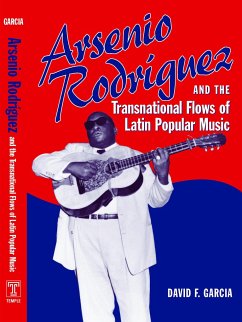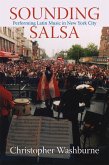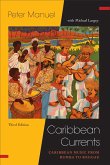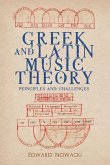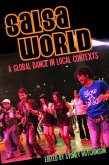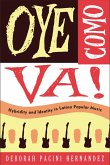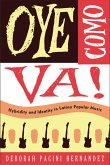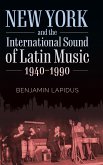Arsenio Rodr guez was one of the most important Cuban musicians of the twentieth century. In this first scholarly study, ethnomusicologist David F. Garc a examines Rodr guez's life, including the conjunto musical combo he led and the highly influential son montuno style of music he created in the 1940s. Garc a recounts Rodr guez's battle for recognition at the height of mambo mania in New York City and the significance of his music in the development of salsa. With firsthand accounts from relatives and fellow musicians, "Arsenio Rodr guez and the Transnational Flows of Latin Popular Music "follows Rodr guez's fortunes on several continents, speculating on why he never enjoyed wide commercial success despite the importance of his music. Garc a focuses on the roles that race, identity, and politics played in shaping Rodr guez's music and the trajectory of his musical career. His transnational perspective has important implications for Latin American and popular music studies."

